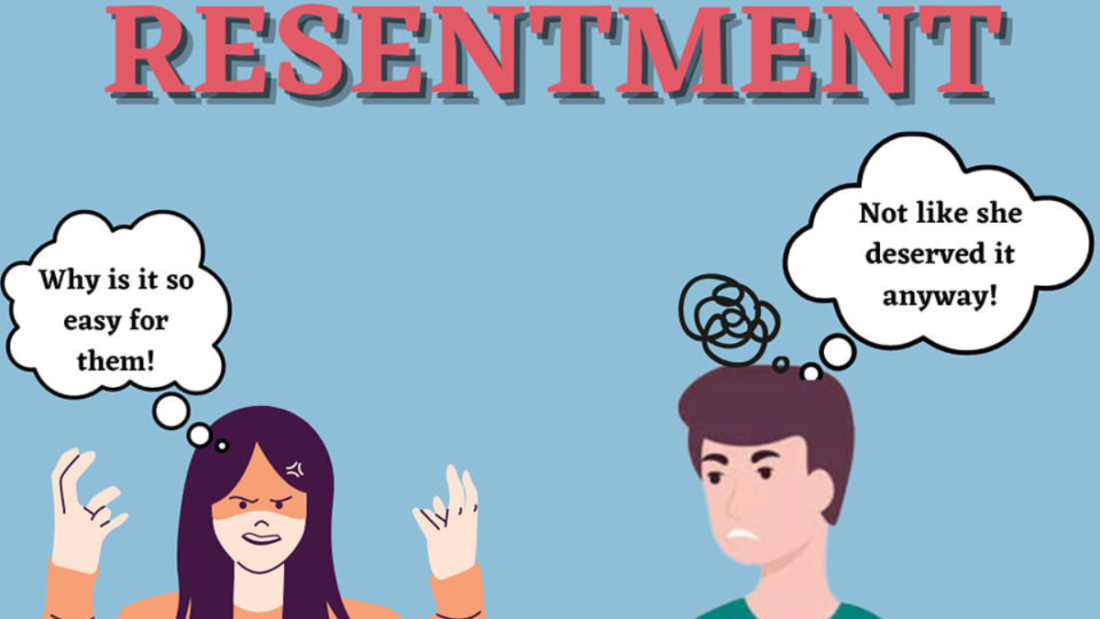Resentment can be an intense feeling. It usually arises when a person perceives that they are being treated in a manner that is perceived as unfair, or unjust and usually because at the core, there are certain needs that remain unmet because of the situation or dynamic. It is normal for people to want to be loved by their family members, noticed by their friends, praised by their employer, and treated with respect by their subordinates. When these emotional needs remain unmet, the ensuing disappointment and frustration may lead to resentment. Personal entitlement frequently leads to resentment, especially when people believe that others don’t deserve more than they themselves do.
At the workplace, this emotion may show up when a person believes that they deserved something they did not receive or when they believe someone else earned something undeserved. This ill feeling towards a person, or a situation may persist for as long as the unmet need is unfulfilled, or the perception of unfairness persists.
Resentment may be accompanied by hostility, bitterness, fear, confusion and anger. Those who experience resentment may also feel annoyed, disappointed, frustrated, ashamed, and have a desire for vengeance.
Letting go of resentment frequently entails moving beyond the painful situation, accessing empathy, practicing gratitude, self-compassion and often forgiveness too. Regardless of how someone chooses to move past resentment, it almost always involves processing and shifting one’s mindset or emotional responses.
It’s okay to feel what you are feeling. Letting go can be challenging. If you are feeling overwhelmed and stuck when it comes to what you are feeling, remember that it’s okay to reach out to a trained therapist for support.
You got this!
 Cart is empty
Cart is empty 


